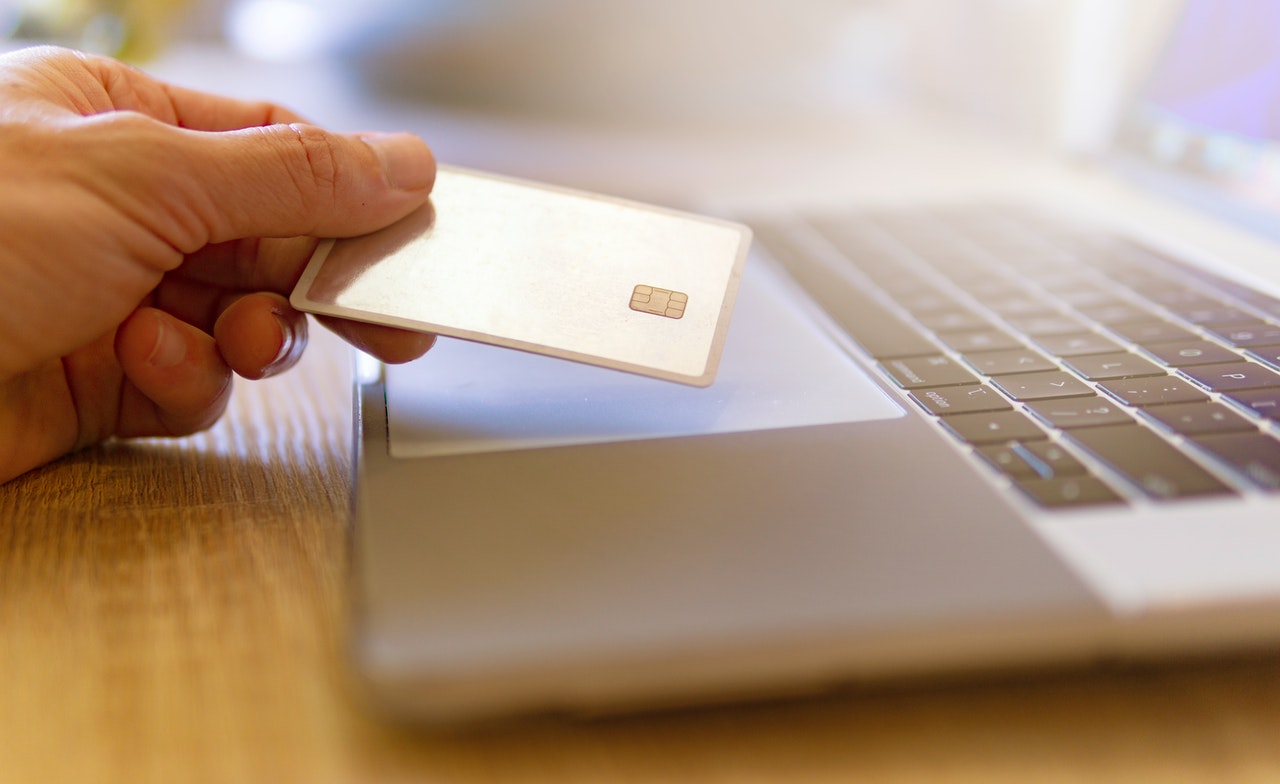Here are 4 things to do and 3 things to avoid when you’re in financial crisis.
Assess your financial situation.
Get a clear picture of what’s actually going on with your money. What are your expenses, income, assets, and debts? Until you know exactly what you’re dealing with, you can’t make constructive decisions about how to move forward. Does your cut in income mean you’re going to be $400 short of covering your essentials each month? Or $4,000 short? Assessing the situation and seeing it in black and white allows you to decide on a course of action.
Pay minimums on your debts.
If your income has been cut, or there’s the possibility of it, just pay the minimum due on credit cards for now. If you are able to pay more than that, go for it! But don’t feel ashamed if you can only afford the minimum due while you ride out the financial crisis.
See if you qualify for assistance.
Don’t be ashamed to file for unemployment, subsidies for your small business, or other forms of assistance if you need them! Many banks are rolling out Coronavirus hardship programs. These can include granting eligible customers deferred payments on auto loans, credit cards, and mortgages for 30 to 90 days without late fees or negative reporting to credit bureaus. If you’ve been laid off or your business income has significantly dropped, contact your financial institutions to see if they provide this type of help.
Reduce unnecessary spending.
Where can you trim back your spending without much pain? Go back to my first point and assess how you were spending money before this happened. Are there large purchases you can postpone? Can you suspend payments on gym memberships, kid’s sports, and other services you might not even be using until you’re back on your feet financially? And don’t fall prey to mindless online shopping because of boredom or stress!
“When my husband first learned he was losing work due to mass cancellations and pandemic-related closings, my first reaction was – naturally – to panic. Our son is starting college in the fall, bills need to be paid, how will we do this?! But we can’t sit in that space, right? Panic solves nothing. So I looked for things I COULD control, and found this incredible blog by Christine Luken, a certified money coach, author, speaker, and local entrepreneur. Christine graciously allowed NaviGo to share her blog on our webpage. Her advice helped me, and I’m hoping it will also give our NaviGo and Learning Grove partners, families, and friends some comfort as we navigate our way out of this health and financial crisis. Let me know what you think!” – Stephanie
Do NOT take out early withdrawals from your retirement funds.
I know this might be tempting, b you’ll be punished with taxes and selling in a down market. Anthony R. Ruffalo, CFP® with LPL Financial says, “One of the worst financial mistakes someone can make at this very moment is an early withdrawal from a qualified retirement plan. I would beg, borrow, and steal before liquidating a retirement account under current conditions. The biggest penalty of all will be the loss of potential growth compounded over the next 20-30 years. The consequences are devastating and often under estimated.”
The stock market will go back up eventually. If you’re really worried, please contact your financial advisor for guidance.
Don’t stop paying your insurance policies!
It can be tempting to cancel life insurance or other policies, thinking you’ll pick them back up later. But what if disaster strikes and the coverage you desperately need is gone? Even if cash is tight, I don’t recommend exposing yourself to tens or hundreds of thousands of dollars of risk just to save a few bucks in the short-term. If your premiums are simply unaffordable, contact your insurance agent to see if you can temporarily decrease (not cancel) your coverage to get you through the crisis.
Don’t react out of panic.
Financial knee-jerk decisions rarely end well. Take a deep breath. Ask yourself, “One year or five years from now, will I be happy I made this move with my money?” Once the crisis passes – which it will – use this experience as motivation to disaster-proof your finances for the future.

